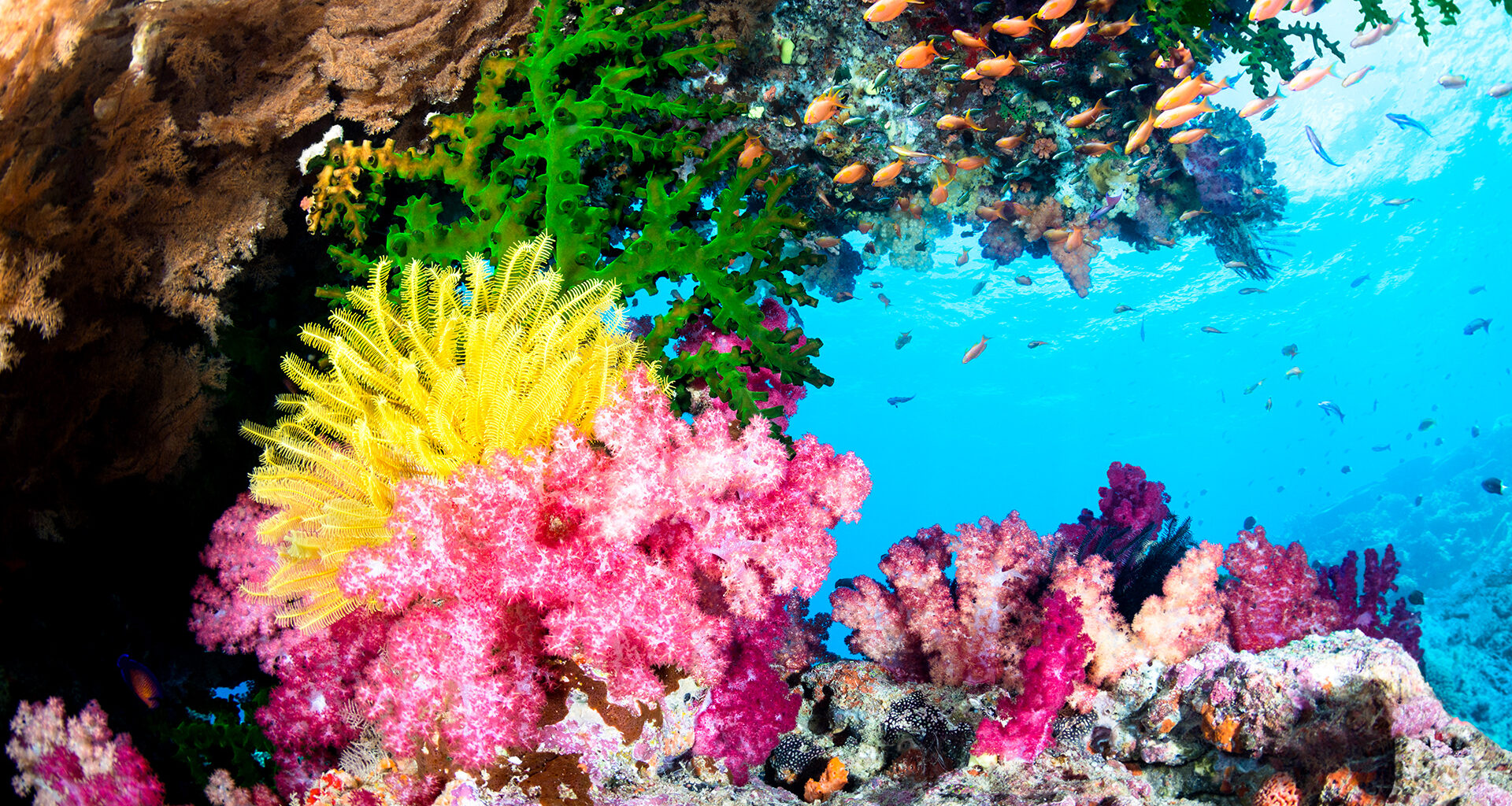Coral reefs, often referred to as the “rainforests of the sea,” are among the most diverse and vibrant ecosystems on Earth. These underwater marvels provide essential ecological, economic, and cultural benefits, but they are facing unprecedented threats that demand immediate and concerted action to preserve their fragile existence.
The Importance of Coral Reefs:
Coral reefs are remarkable ecosystems with profound significance:
- Biodiversity Hotspots: Despite covering less than 1% of the ocean floor, coral reefs support approximately 25% of all marine species, making them vital for global biodiversity.
- Economic Value: Reefs contribute to the livelihoods of millions of people through fisheries, tourism, and shoreline protection, generating billions of dollars annually.
- Carbon Sink: Coral reefs sequester carbon dioxide, playing a crucial role in mitigating climate change.
The Threats to Coral Reefs:
Coral reefs face a complex web of threats, including:
- Climate Change: Rising sea temperatures cause coral bleaching, where corals expel the symbiotic algae that provide them with food and color, resulting in mass coral death.
- Ocean Acidification: Increased CO2 levels in the atmosphere lead to ocean acidification, which inhibits coral growth and weakens their structure.
- Pollution: Runoff from agriculture, sewage, and coastal development introduces pollutants and nutrients into reef ecosystems, leading to harmful algal blooms and coral diseases.
- Overfishing: Unsustainable fishing practices harm reef ecosystems by depleting fish populations that play key roles in maintaining the reef’s health.
- Destructive Fishing Methods: Practices like dynamite and cyanide fishing physically damage coral reefs.
Urgent Actions Needed:
- Climate Action: Mitigating climate change through reduced greenhouse gas emissions is paramount. Global efforts like the Paris Agreement aim to limit warming and protect coral reefs.
- Marine Protected Areas: Establishing and effectively managing marine protected areas can offer refuge to coral reefs, allowing them to recover.
- Sustainable Fisheries: Implementing and enforcing sustainable fishing practices can help maintain balanced reef ecosystems.
- Reducing Pollution: Implementing stricter regulations on coastal development, sewage treatment, and agricultural runoff can minimize pollution impacts.
- Restoration Efforts: Coral restoration projects, such as coral nurseries and transplantation, are being deployed to rebuild damaged reefs.
Success Stories:
- Great Barrier Reef, Australia: Despite severe bleaching events, Australia has committed to protecting and restoring the Great Barrier Reef, including investing in coral restoration efforts.
- Bonaire, Caribbean: Bonaire’s proactive conservation measures, such as marine protected areas and sustainable tourism practices, have contributed to healthier reefs.
Challenges and Concerns:
- Global Cooperation: Saving coral reefs requires international cooperation and commitment to address the root causes of their decline.
- Local Engagement: Engaging local communities in conservation efforts is crucial, as they often rely on reefs for their livelihoods.
- Resilience: Building reef resilience through research into heat-tolerant coral species and other adaptation strategies is a priority.
A Call to Action:
Coral reefs are in crisis, but they are not beyond saving. Urgent, coordinated efforts are needed at all levels, from individual actions to international agreements. Preserving these remarkable underwater ecosystems is not only an environmental imperative but also essential for the well-being of future generations and the health of our planet. The time to act is now to ensure that coral reefs continue to thrive and inspire wonder for generations to come.



 UN
UN 




